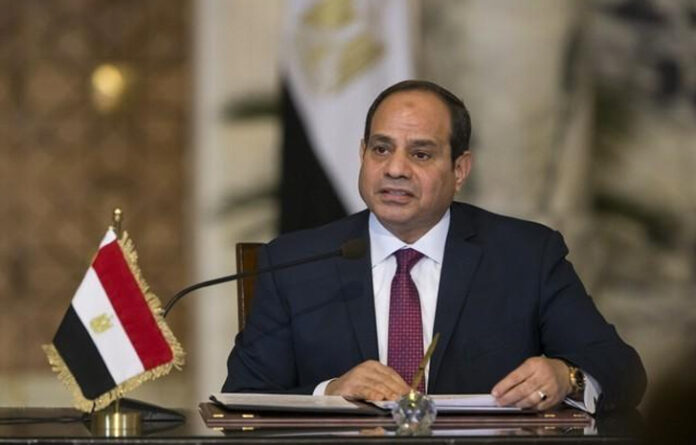In a bold leap toward energy independence and industrial modernization, Egypt has launched construction of its first-ever nuclear power plant in the Mediterranean coastal town of El-Dabaa — a monumental $28.75 billion project being built with the strategic backing of Russia’s nuclear giant, Rosatom.
With four powerful reactors, each designed to generate 1,200 megawatts of electricity, the El-Dabaa plant is poised to become one of the largest nuclear facilities in the world upon its expected completion in 2028. The project marks a historic milestone for Egypt, positioning the country among the few African nations harnessing nuclear technology for peaceful energy purposes.
Russia is footing a massive 85% of the bill through a state-backed loan, underscoring the depth of cooperation between Cairo and Moscow. Egypt will cover the remaining 15%, signaling strong domestic commitment to energy diversification and long-term self-reliance.
“This is not just a power plant — it’s a national transformation project,” said an Egyptian official close to the deal. “El-Dabaa will light up cities, power industries, and even quench thirst.”
Indeed, beyond electricity generation, the plant will also feature advanced desalination capabilities, converting seawater into freshwater for operational use and potentially benefiting surrounding communities facing water scarcity.
The El-Dabaa project arrives at a critical time, as Egypt grapples with rising energy demands and dwindling freshwater resources. Once operational, the plant is expected to significantly reduce the country’s dependence on fossil fuels, curb greenhouse gas emissions, and usher in a new era of technological collaboration with Russia.
As cranes rise over the sandy shores of El-Dabaa and nuclear components begin to arrive from abroad, the message is clear: Egypt is charging into the future — powered by atoms and anchored in international partnership.




